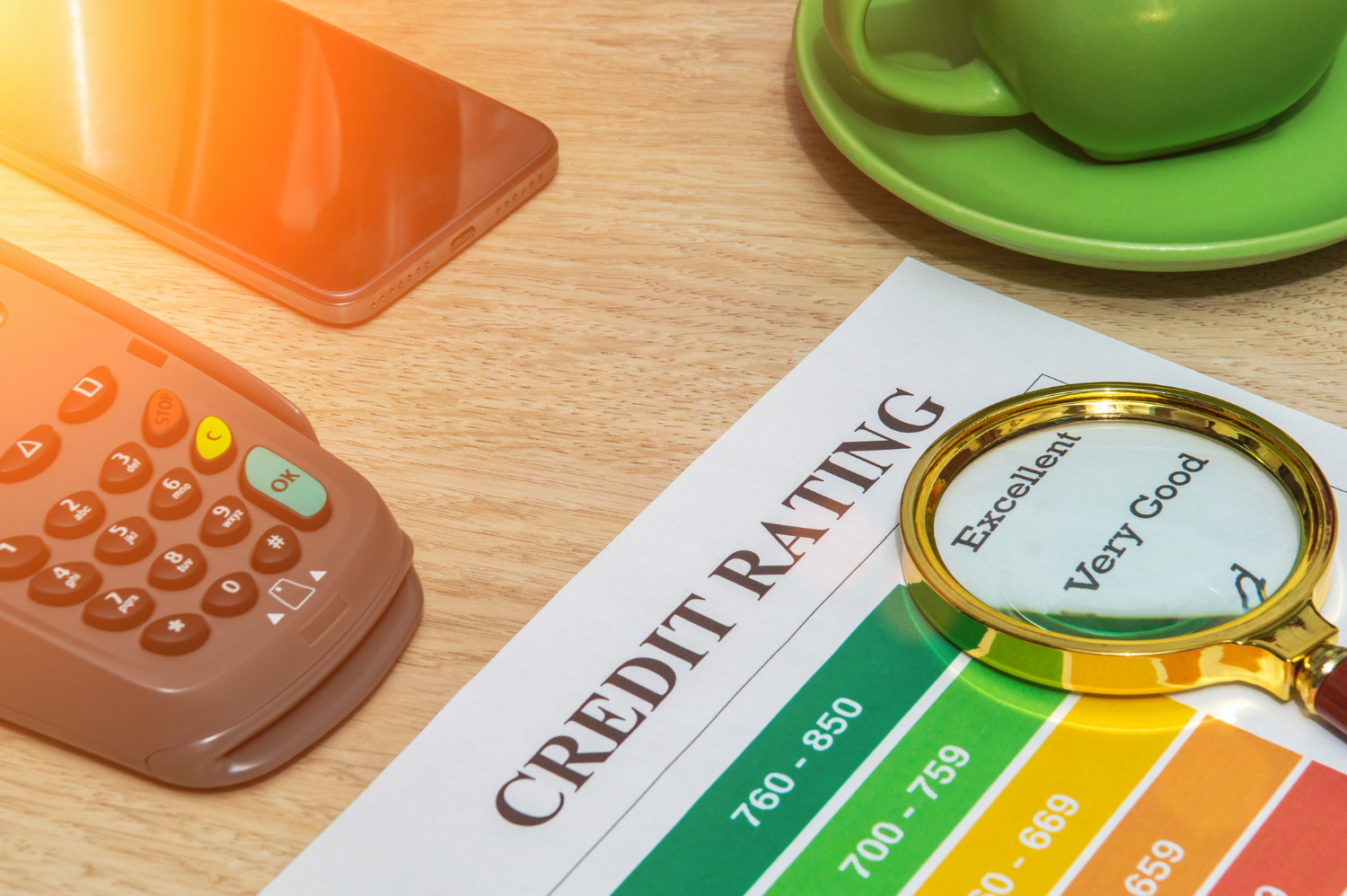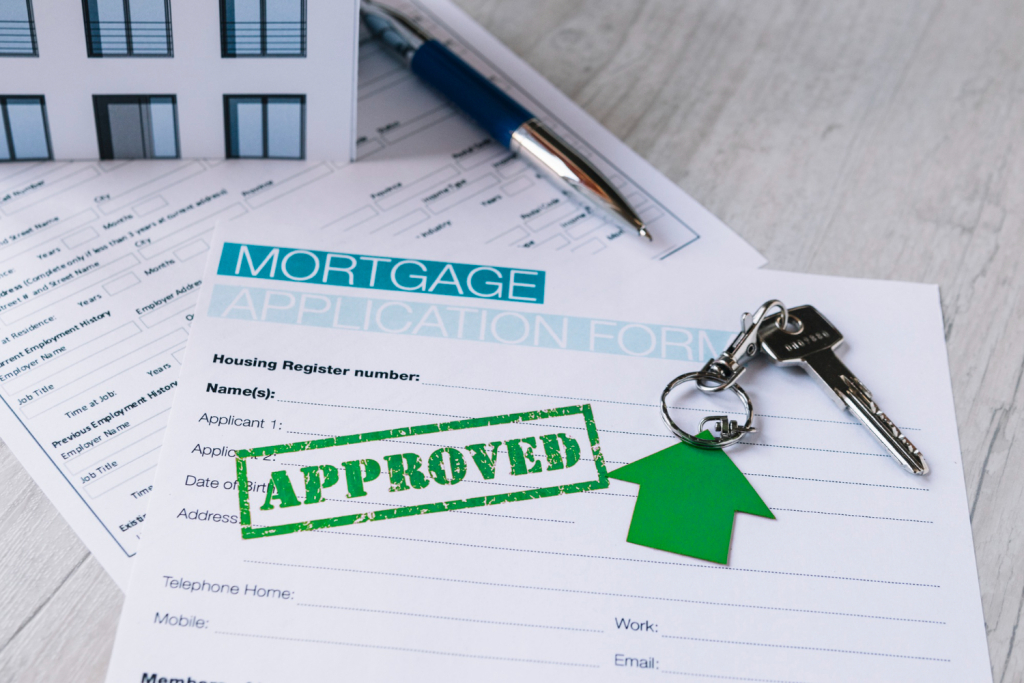How Credit Score Works in The Real Estate Market

With the influx of people buying property in the real estate market, it’s become important for both homebuyers and sellers to understand how credit score works.
The most common question we hear from clients is “what is a good credit score to buy a house?” There are plenty of factors that come into play when determining your score.
What is a credit score?
A credit score is a number that represents your creditworthiness and is calculated based on your credit history. It’s important for buying a house, as well as other types of loans. Lenders use credit reports to decide whether you should get loans such as mortgages or other loans, and at what interest rate.
Credit scores range
Many people believe that a good credit score is 700 and above. However, the range of what constitutes a “good” varies from lender to lender and industry to industry. While you may be able to get approved for a loan with a lower score, your interest rate and monthly payments could be higher than if your score was higher.
If your credit score falls between 300-579, you’ll likely have difficulty qualifying for any type of mortgage financing or other types of loans. The lowest credit score ranges are sometimes referred to as subprime scores because lenders consider them high-risk borrowers who may default on their payments causing them losses in profits or reputation damage.
Credit score meaning
Your credit score is a number from 300 to 850 that represents how likely you are to repay a loan. Your credit score is based on your credit report, which lists all of the loans you have applied for and any missed or late payments in the past years. While there are some factors that can’t be changed (such as past bankruptcy), there are several ways to improve your overall financial picture.
If your score is above 650, lenders will consider you a lower risk for missing payments. When it comes time for them to approve your loan application, this makes it much more likely that they’ll say yes. In contrast, if your score falls below 600 or so (depending on which lender), you may have trouble getting any kind of financing at all.

The importance of having good credit history
Having a good credit score is important. It can help you get approved for big purchases, like a house or car. It can also help you get cheaper loans and credit cards, which means less money is spent on interest. If a lender sees that your credit score is low, they might decide not to lend you any money at all—and then no one wins.
Credit is the winning pillar to any successful real estate career.
In the real estate market, credit is the winning pillar to any successful career. A good credit score demonstrates your ability to pay back loans and other debts—and that you’re not likely to default on them.
When lenders see this on your credit report, it tells them that you are an individual who is worthy of their business. This is especially true when it comes to getting a mortgage, which requires high levels of collateral (like a home).
For some buyers, having good or excellent credit can make all the difference between being approved for a mortgage loan and being able to purchase their dream home cheaply and easily.
So what exactly does “good” mean in calculating credit scores?
What Is A Good Credit Score To Buy A House?
As you probably know, the higher your credit score is, the more likely you are to get approved for a mortgage. But how high should it be?
A good credit score will help you get approved for a mortgage at a lower interest rate. The best advice we can give is to make sure you have a solid payment history of paying bills on time before applying for financing.
How to improve your Credit score
If you want to improve your credit score, there are a few things you can do.
First, pay all of your bills on time. This includes rent and utilities, as well as loan or credit card bills and loans. Having a high balance on any credit card could hurt your score because it makes it look like you’re having trouble paying off debt.
Second, keep balances and credit accounts low if possible (but don’t always avoid having any). Thirdly, if you have debt and want to pay it off faster than the minimum payment required by most lenders, choose an option with a lower interest rate so that more of what is being paid each month goes toward reducing principal instead of interest expenses.

If you want to get a mortgage, you need a good credit report.
A credit score is a number that reflects your ability to pay back debts. When lenders look at your credit report and review this number, they decide whether or not they’ll give you an unsecured loan—like a mortgage or car loan—and what interest rate they’re going to charge.
In credit scoring, the higher your credit score, the more likely it is that lenders will approve your application and offer you lower interest rates on loans. If one lender considers you less risky than another borrower with the same financial situation, it’s because their scores differ by one point or two points on the scale (a common range for scores). That may not seem like much of a difference but over time those small differences add up significantly in terms of how much money borrowers pay overtime for things like car loans and mortgages.
Your interest rates can vary greatly depending on how well-qualified you are by lenders’ standards based on what’s reported in their databases – so having different types of accounts open across multiple institutions helps improve those scores too.
The real estate market is not all about credit. But if you want to get the best properties, you need a good score and if you want to sell them fast, then you must improve your credit score. When it comes down to buying a house or selling one, having a good credit score will give you more opportunities.




